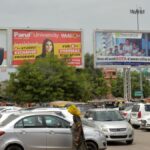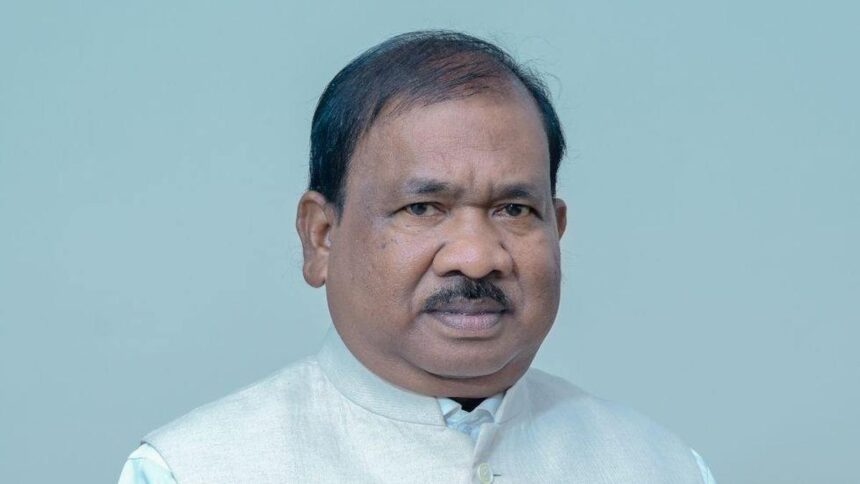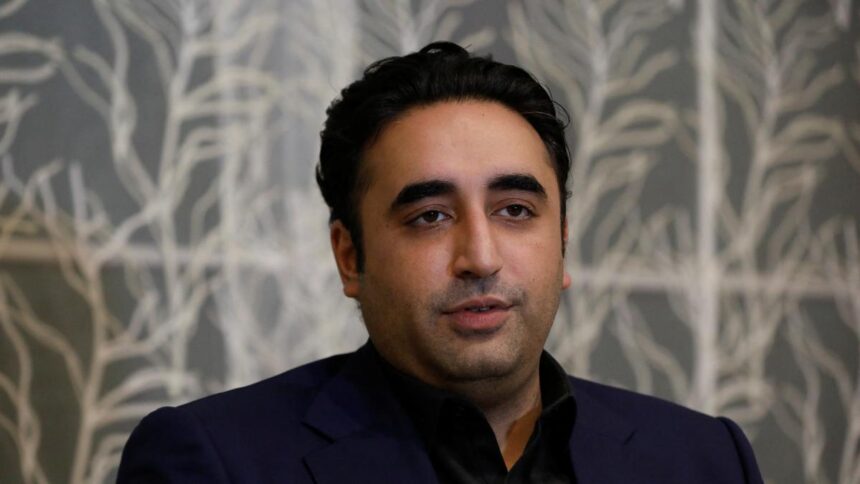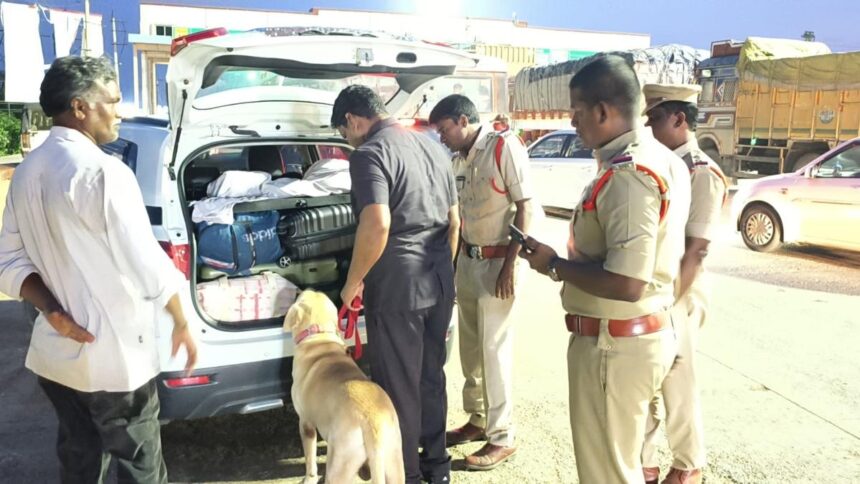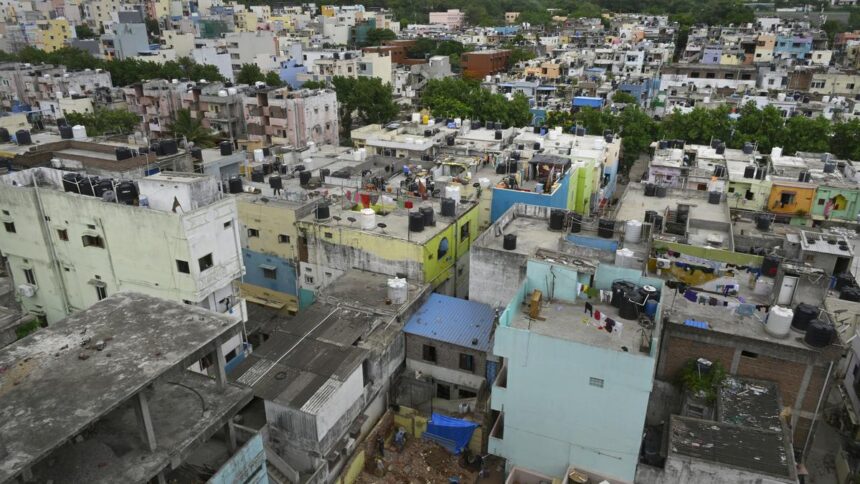On June 18, 2025, the Calcutta High Court ordered the resumption of the Mahatma Gandhi National Rural Employment Guarantee Scheme (MGNREGS) in West Bengal from August 1, in a case filed by Paschim Banga Khet Majoor Samity (PBKMS). The order offered hope. However, according to reports in regional media, the Union government has since appealed to the Supreme Court, where the matter is yet to be listed. Reporting on the High Court’s order, The Hindu noted that the court observed the scheme “cannot be kept in cold storage for eternity” and directed the Centre to resume implementation while allowing it to impose “special conditions” in West Bengal. Yet, after three years of silence, the resumption risks being a hollow gesture unless urgent groundwork is laid to restore the scheme to function.
Actionable steps to be taken
MGNREGA is predominantly funded by the Union government. Enacted in 2005, it guarantees 100 days of paid employment per year to every rural household that demands it. For millions — especially women, Dalits, Adivasis, and landless workers — it is a vital buffer during lean agricultural seasons and economic distress.
When the Centre halted MGNREGA funds to West Bengal in March 2022, it cited “widespread irregularities.” However, an RTI filed by the author revealed that this sweeping suspension was based on findings from just 31 worksites, even though the State had received over ₹10,000 crore under MGNREGA in 2020–21. Halting a lifeline for millions on such limited evidence was not only disproportionate but also devastating.
The fallout has been immense. In the first year alone, West Bengal’s rural workforce lost over ₹4,000 to 6,000 crore in potential wages, according to policy research group LibTech India.
But the deeper damage is institutional. Restarting MGNREGA requires more than a green signal — it demands trust-building, logistical preparation, and administrative muscle.
A foundational task is the identification and planning of work. Each year, State governments must prepare a shelf of works at the village level well in advance. Whenever works are eventually resumed, these preparatory measures will be essential to ensure that the scheme is meaningful and not a hollow gesture. Without identifying feasible works, no projects can be undertaken.
This task is further complicated by national-level changes introduced during West Bengal’s exclusion. Over the past three years, the Centre has implemented several technology-driven reforms aimed at transparency and accountability.
Chief among them is the Aadhaar-Based Payment System (ABPS). Under ABPS, workers are paid only if their Aadhaar is correctly linked, authenticated, and mapped through the National Payments Corporation of India.
As of June 21, 2025, official data show that over 43 lakh of West Bengal’s 2.56 crore registered workers are not ABPS-compliant. Even among the 18.5 lakh marked as active — those who worked at least once in the last three years before the suspension — over 2.3 lakh remain ineligible. Without a rapid compliance campaign, lakhs could be excluded. A practical step would be for the Centre to temporarily allow account-based payments alongside ABPS until full compliance is achieved.
Worker deletions are another pressing concern. In 2022–23, over 83 lakh workers were removed from West Bengal’s rolls — nearly 15% of national deletions. Identifying and reinstating them is essential. Yet, with only one login per block, district, and State, processing this backlog is unmanageable. The Centre must expand login access and streamline reinstatement.
Meanwhile, the National Mobile Monitoring System — a mandatory attendance app requiring real-time, geo-tagged photos — remains a bottleneck. In West Bengal, where frontline officials have not supervised worksites for three years, expecting them to adapt overnight is unrealistic. A temporary exemption and paper-based attendance are necessary until training and infrastructure catch up.
Equally urgent is the human resource gap. Field supervisors are paid like workers but expected to manage attendance, site measurements, and daily records. After years of inactivity, many have moved on. The State must re-engage them through financial incentives, refresher training, and recognition.
Reviving MGNREGS is about preventing the same failures from recurring. Systemic reforms — such as stronger grievance redressal, timely payments, open-access dashboards, and regular social audits — must be implemented in spirit, not just on paper.
This is also an opportunity to initiate a consultative process between the administration and civil society organisations that have long engaged with MGNREGA’s implementation and reform. A revitalised State Employment Guarantee Council could act as a platform for dialogue, accountability, and course correction in real time.
Legal uncertainty
The High Court has permitted the Centre to set “special conditions” in West Bengal. These must enhance delivery and accountability. The Union and State governments, alongside local panchayats, must act as co-owners of MGNREGS, upholding rural workers’ right to employment.
With the Centre’s appeal now before the Supreme Court, the legal uncertainty only reinforces the central point: whether or not the High Court’s order ultimately stands, MGNREGS’s revival in West Bengal hinges on rebuilding trust, capacity, and systems rather than merely ticking bureaucratic boxes.
The Centre, State, and local bodies must act now to restore this lifeline — ensuring that no worker is left behind. Failure would betray the rural poor once more. They deserve swift action, not empty assurances.
Chakradhar Buddha is associated with LibTech India, a centre based in Collaborative Research and Dissemination. Views are personal
Published – September 04, 2025 01:36 am IST



